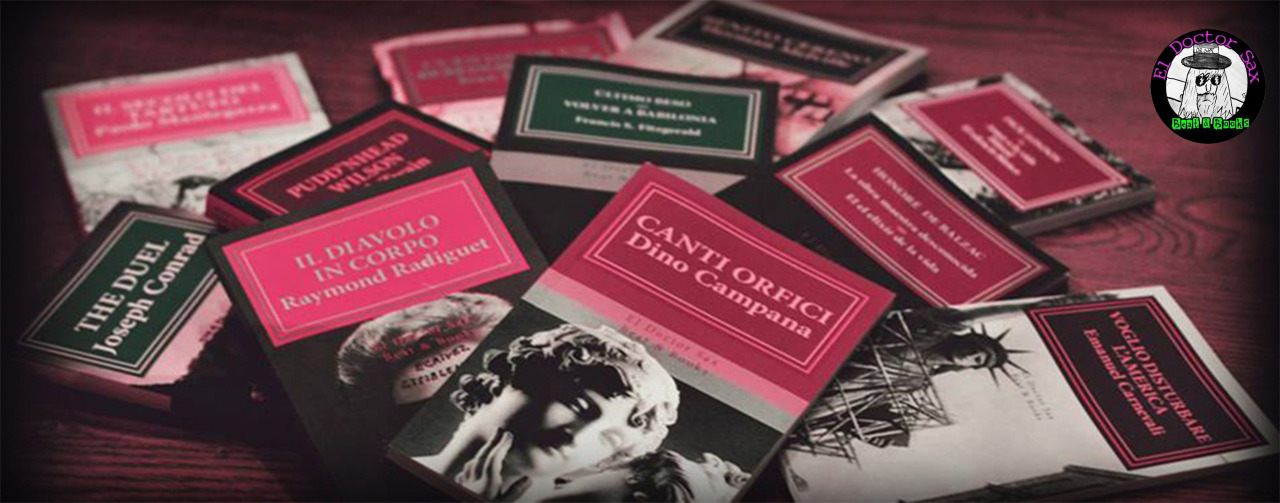¿Cuándo te atrapa
el progreso? ¿de qué forma se apodera de ti? Te rodea, te acorrala y
difícilmente serás capaz de notar su silenciosa invasión, el primer golpe suele
ser estrepitoso, como en una fiesta, cambia todo y de repente te invade la
felicidad. La prosperidad está a la puerta, a partir de entonces todo será
diferente, poco a poco, llevados de la mano de los más atrevidos nos sumergimos
en el futuro. Hasta el punto de que pasado un tiempo los cambios más sutiles te
pasarán desapercibidos, aceptarás las azucaradas mejoras como antes aceptabas
la más ruin de las ignorancias. Entonces estás atrapado, intentar regresar es
imposible, y solo te queda aceptar y firmar tu rendición.
Hugh Mcvey nacido de la pluma de Anderson se muere por agradar, por sentirse integrado y reconocido en el pequeño pueblo donde vive. Anhela el amor, la normalidad. Y se sirve de su ingenio para hacerse acreedor de tan volátiles tesoros. Construye una máquina que facilita la vida de la pequeña localidad agrícola, se gana el prestigio, pero en realidad es devorado por la industrialización imparable de la época que le ha tocado vivir. El retrato de ese avance implacable es el relato contenido en la novela: Pobre blanco. Las pasiones de sus protagonistas, la tragedia invisible que flota en el ambiente de prosperidad. Y la caída de todo el que se interpone en su camino.
Sherwood
Anderson, autodidacta, no provenía de círculos académicos, sino que se formó
rodando por Estados Unidos, una infancia itinerante de pueblo en pueblo, de
colegio en colegio. Luego, la firme voluntad de ser escritor, de forma natural,
inconformista, logró encandilar a la crítica con su colección de cuentos:
Winersburg, Ohio. Pero ante una vida anterior de privaciones y calamidades,
llegado su éxito y convertido en escritor famoso, no tarda en creerse su propia
historia y en formar parte de una élite donde el trabajo más arduo es vigilarse
unos a otros, mantenerse a salvo de las críticas y permanecer toda la vida en
el candelero. En este punto la frescura da paso al hastío, la originalidad se
vuelve mediocridad, y la caída es un abismo demasiado cercano. Faulkner lo
retrata en su novela Mosquitos, donde no sale bien parado:
“Nuestra vida
artística en Nueva Orleans me gusta, tiene una especie de encantadora
futilidad” Su personaje Fairchild, caricaturizado de Anderson, provocó el
enfado de éste, y el distanciamiento de los dos colegas, tal vez Faulkner trató
de salvar a su amigo, de rescatarlo de una vida superficial que parloteaba sin
parar sobre arte, sexo, literatura, sin profundizar en ninguna de sus
opiniones. Sea como fuere, Sherwood Anderson fue víctima de aquello que supo
denunciar tan bien en sus primeros libros: El progreso. Fue testigo de un cambio
que lo acabó fagocitando y convirtiendo en alguien que nunca fue, pero que
deseó ser desde su lejana e inestable infancia.
















%20____page-0001.jpg)





